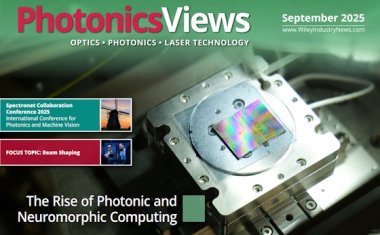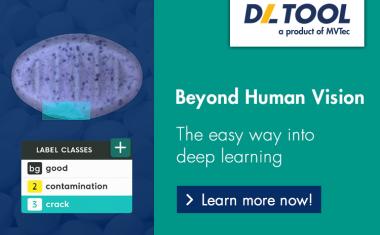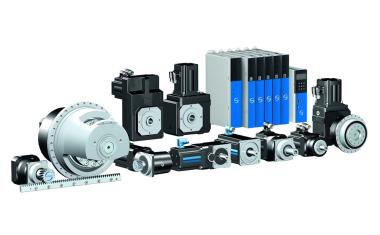“Laser: commodity or innovation driver?”
After a pandemic break of four years, the industrial laser technology community met for AKL’22 in Aachen.
The organizers counted 521 participants, 85 of whom gave a live presentation, and 44 sponsoring companies that exhibited their innovations in the Eurogress Aachen.
The general conclusion amongst the experts: the industry is doing well; the biggest trend is the extensive digitalization of processes. At the same time, however, common beam sources are being driven to ever new levels of peak performance.
New to the conference program was the Quantum Technology & Photonics Forum, where major German companies presented a range of topics.
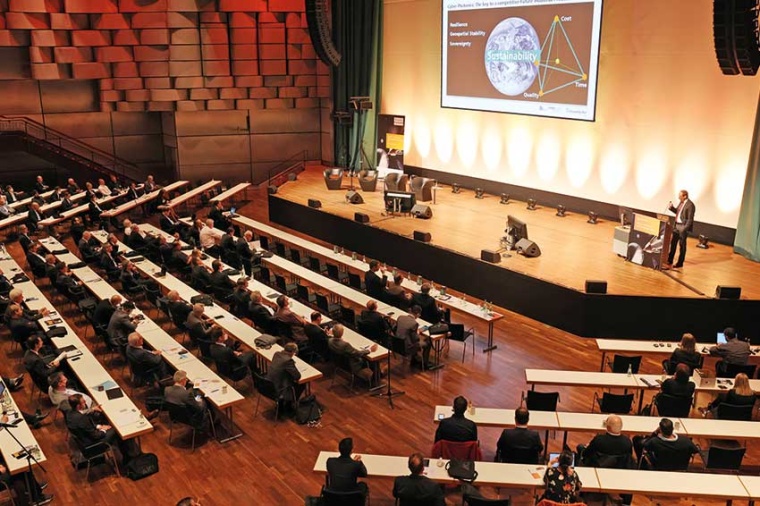
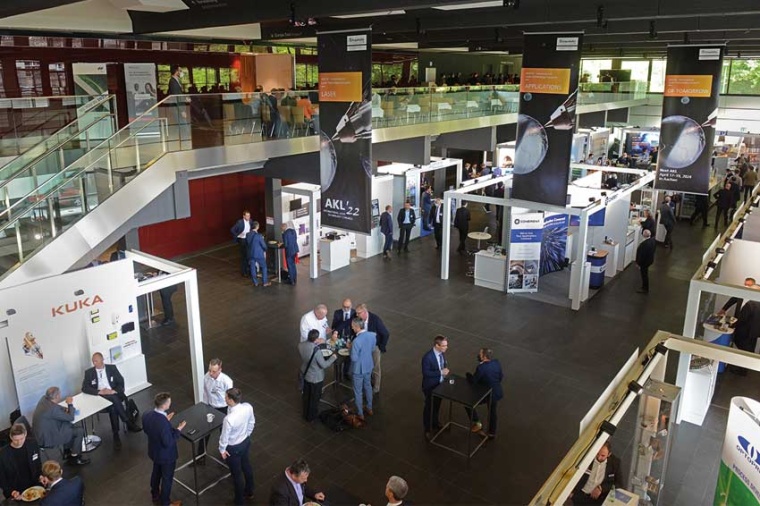
“The mood in photonics is good, the prospects are very good,” was how Constantin Häfner, director of the Fraunhofer Institute for Laser Technology ILT in Aachen, described the climate in the market. Drivers here are photonic production solutions for microelectronics, e-mobility and energy storage. “In competition with the rest of the world, the German industrial and research landscape can score points in process know-how, but it also became clearly visible that we still have to take a step forward in digitalization,” Häfner summed up his impressions at the end of the conference..
If it were not for various supply chain problems, the industry would probably be talking about new records. In China, the world’s largest laser market, there had been a massive increase of 18.3 % to almost $ 13 B in market volume in 2021, Bo Gu (BOS Photonics) reported during the Technology Business Day. Jürgen Rumberger (Trumpf Laser- und Systemtechnik) was much more cautious in his assessment of the situation in Germany: On a short time scale he saw various trends in world laser markets: a decline in the automotive industry and growing figures in medical technology as well as in consumer electronics.
A highlight of the program this year was once again the Gerd Herziger session, named after the founder of the Fraunhofer ILT, during which institute director Constantin Häfner gave an overview of the major trends in industrial laser technology: sustainability and digitalization. Fittingly, he announced the opening of two new ILT laboratories for hydrogen and battery technology.
In the panel discussion that followed, Trumpf’s laser technology CEO Christian Schmitz discussed the topic of ‘lasers as commodities’. Mark Sobey, EVP, COO, Industrial Lasers and Systems, Coherent, provided an outlook on the opportunities Coherent sees in the automotive and semiconductor markets. Volker Krause, who was still advised by Gerd Herziger when he founded Laserline, looked at a core issue in beam sources: the scaling of individual laser diode emitters.
“It is already overwhelming to be together again in this way,” Dieter Hoffmann from Fraunhofer ILT summarized his impressions. “When you meet again, you only realize all the things that were not possible in the home office.” Many contacts were renewed or even newly established. The variety of topics and the mixture was particularly interesting: there is a spirit of optimism in the quantum field, and Infineon presented no fewer than three of its own approaches to the development of quantum computers. The challenges in today’s manufacturing were discussed in parallel. Digitalization is the opportunity here; sustainability the requirement of the hour. The recruitment of qualified young people is increasingly emerging as a central challenge. In all this, the joy of the meeting dominated.
Please read selected market reports and technical articles in the exclusive special section of PhotonicsViews issue 2/2022.
The next International Laser Technology Congress, AKL’24, will take place from April 17 – 19, 2024.
Company
Fraunhofer Institute for Laser Technology ILTSteinbachstr. 15
52074 Aachen
Germany
most read
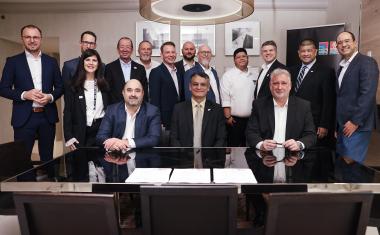
Purdue University, Rittal and Eplan work together
As part of this partnership, Purdue will open two exclusive laboratories.
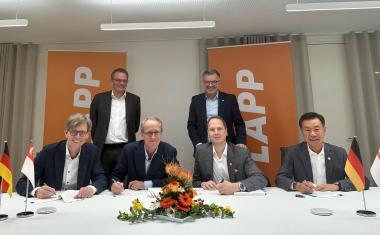
Lapp Group takes over JJ-Lapp completely
JJ-Lapp will now become a wholly-owned subsidiary of the Group, with financial details remaining confidential.
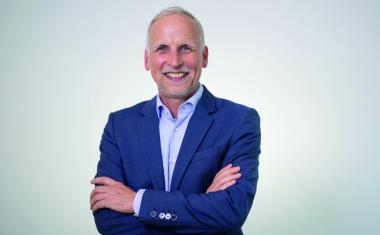
Basler AG: Change in the Management Board and new CTO position
Long-time CEO Dr. Dietmar Ley will leave the Executive Board at the end of 2025
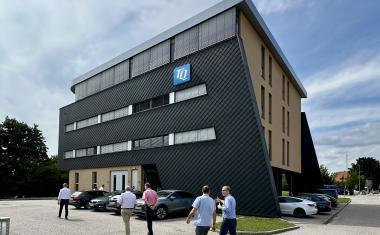

Machine Safety 2026: The Five Most Important Trends for Eutomation Engineers
Digitalization and automation continue to drive mechanical engineering forward - and with them, the requirements for functional safety and cyber security are increasing. For automation engineers, this means that machine safety is becoming a holistic concept.



